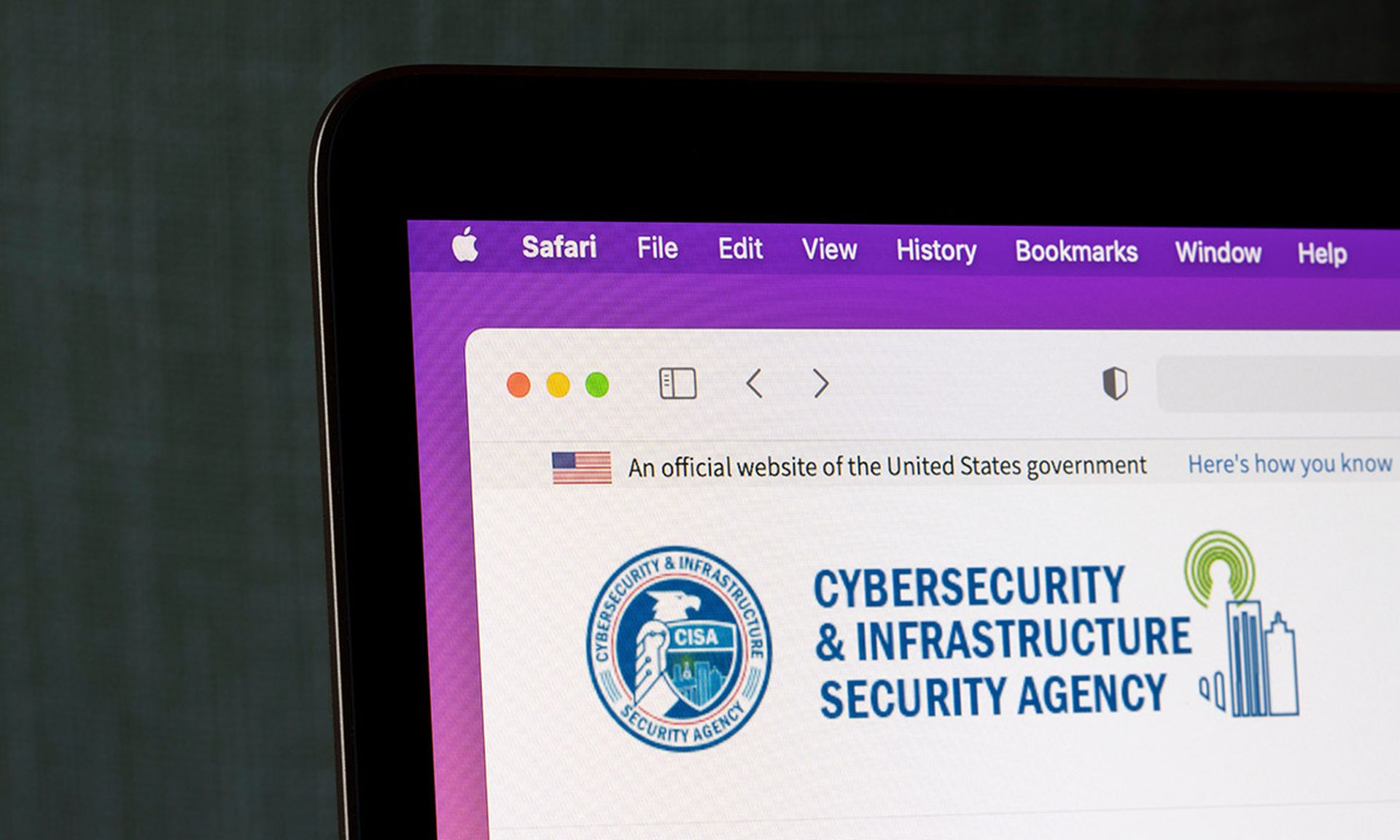The most useful security feature appears to be "sandboxed" tabs, by which the browsers are "subdivided into multiple applications," each running their own process, Darin Fisher, a tech lead on the Chrome project, said Tuesday during a press webcast.
From a performance standpoint, that means if one tab is running slow, other applications will not be impacted.
From a security perspective, users are protected from self-installing malware, such as browser-based exploits, that jump across programs and affect the rest of the machine. All victims would need to do is close the infected tab to extinguish the malware threat.
"Normally, [an attacker would] just have to find a bug on the rendering engine, but now [he] also has to find a way out of the sandbox," Fisher said.
John Pescatore, vice president and distinguished analyst at Gartner, said it remains to be seen how effective the capability will be.
"The sandbox can be a really good thing if the sandboxes have really high walls between each other," he told SCMagazineUS.com on Tuesday. "But depending on the quality of the code, you don't know if they really do or don't."
The browser also will leverage Google's blacklist to block malware-foisting and phishing websites, similar to Firefox 3 and Internet Explorer 7 (IE7).
Privacy also will be beefed up with the inclusion of the "incognito" window, which users can launch to conduct private browsing. Much like Microsoft's planned InPrivate Browsing for IE8, when users close the "incognito" window on Chrome, search history and cookies are removed automatically.
"Any type of browsing you do on this window is not stored on your computer," Brian Rakowski, group product manager, said during the webcast.
Pescatore claimed that though the launch of Chrome appears to be an attempt to steal market share from Microsoft, businesses likely will be slow to adopt.
The main reason for hesitation is because many corporations' intranets are compatible with only IE, he explained, not browsers such as Firefox or Chrome.
Consumers, however, may be more willing to try Chrome -- which contains an engine known as V8 to speed up JavaScript performance -- because they trust Google and are familiar with its email, search and toolbar offerings.
"Google does a lot of, 'Let's throw spaghetti against the wall and see what sticks,'" Pescatore said. "But when you look around, a lot of their stuff does stick."



